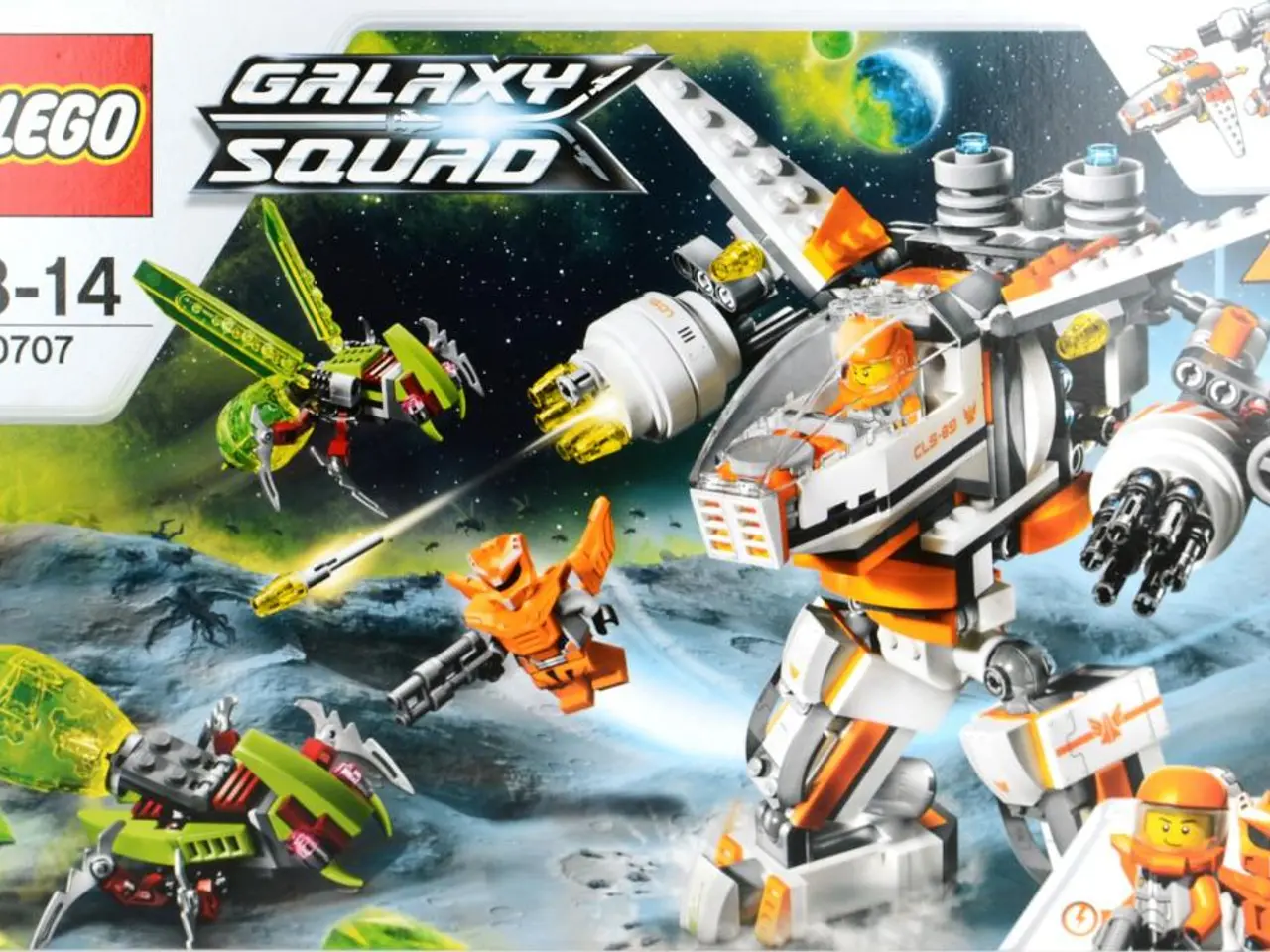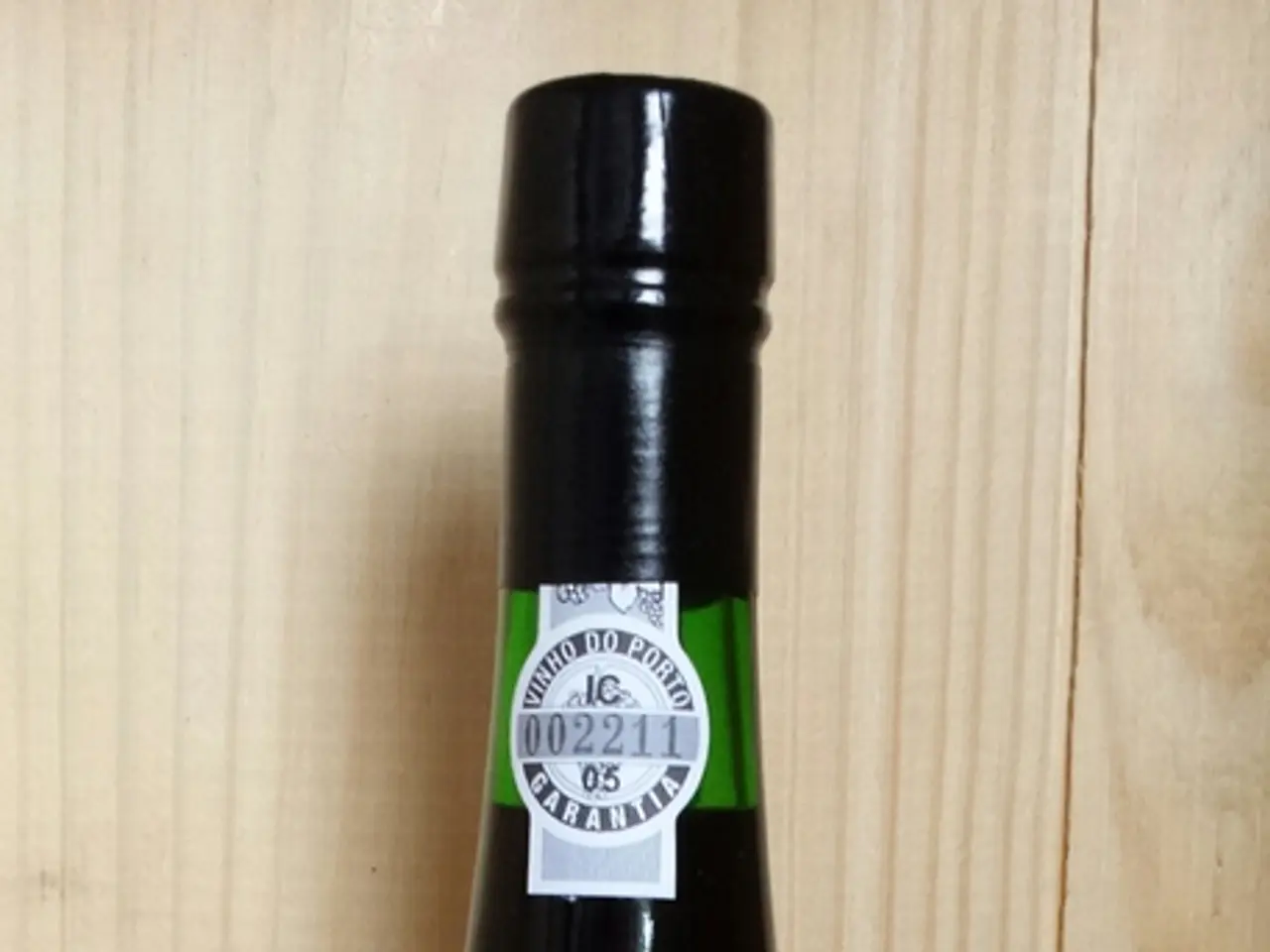EU Antitrust Authority Plans to Thwart Amazon's Takeover of iRobot, According to The Wall Street Journal Reports.
EU Competition Watchdog Likely to Reject Amazon's Acquisition of iRobot
In a significant move for the smart home technology market, the European Union's competition watchdog is set to reject Amazon.com's $1.4 billion acquisition of iRobot, the robot vacuum maker. The proposed deal aimed to include the Alexa voice assistant, smart thermostats, security devices, and wall-mounted smart displays, but faced likely rejection due to concerns over competition in the robot vacuum cleaner (RVC) market.
The European Commission had until February 14 to make a final decision on approving or rejecting the proposed acquisition. However, the anticipated rejection reflects concerns over the potential implications for competition in the burgeoning smart home technology market.
Amazon announced its intention to acquire iRobot in August 2022, seeking to expand its range of smart devices. Following a meeting with European Commission officials, Amazon was informed that the deal faced likely rejection. The European Commission raised concerns regarding potential market competition restrictions in the RVC sector, fearing that Amazon's ownership of iRobot, a major player in smart home cleaning devices, would significantly reduce competition, potentially leading to less choice, higher prices, or less innovation in the market.
The rejection is due to Amazon's failure to provide remedies by the January 10 deadline. Matt Schruers, the president of the tech lobbying group Computer and Communications Industry Association, criticized the potential rejection of Amazon's acquisition of iRobot. He argued that blocking the deal might limit consumer options in the home robotics sector.
However, the key reasons for rejection center on concerns that Amazon's ownership of iRobot would significantly reduce competition. Keeping iRobot independent ensures rival robot vacuum suppliers can compete without the threat of foreclosure by Amazon, maintaining a more competitive landscape for consumers.
Without Amazon's acquisition, iRobot continues as a standalone innovator, which could foster diverse product development and prevent monopolistic control in the smart home cleaning segment. This decision maintains a more competitive smart home tech market and signals strong EU regulatory oversight on large tech mergers.
This case signals that the EU is closely scrutinizing large tech mergers, especially where they may affect smart home technologies. Potentially, this could affect future deals and encourage firms to consider competition concerns more carefully.
Following the deal's termination and regulatory hurdles, iRobot underwent workforce reduction and management changes to stabilize, which may impact its growth strategy in mid-tier and premium smart home segments. The nearly 40% drop in shares for iRobot occurred after the company was informed of the potential deal rejection.
In summary, the EU competition watchdog likely rejected the acquisition due to concerns over diminished competition and market foreclosure risks in robot vacuum cleaners. This decision maintains a more competitive smart home tech market and signals strong EU regulatory oversight on large tech mergers.
- This decision by the EU competition watchdog to reject Amazon's acquisition of iRobot could have significant implications for competition in both the robot vacuum cleaner (RVC) industry and the broader smart home technology finance sector.
- Despite the rejection, iRobot, as an independent entity, may continue to innovate and foster diversity in product development for the smart home technology industry.




